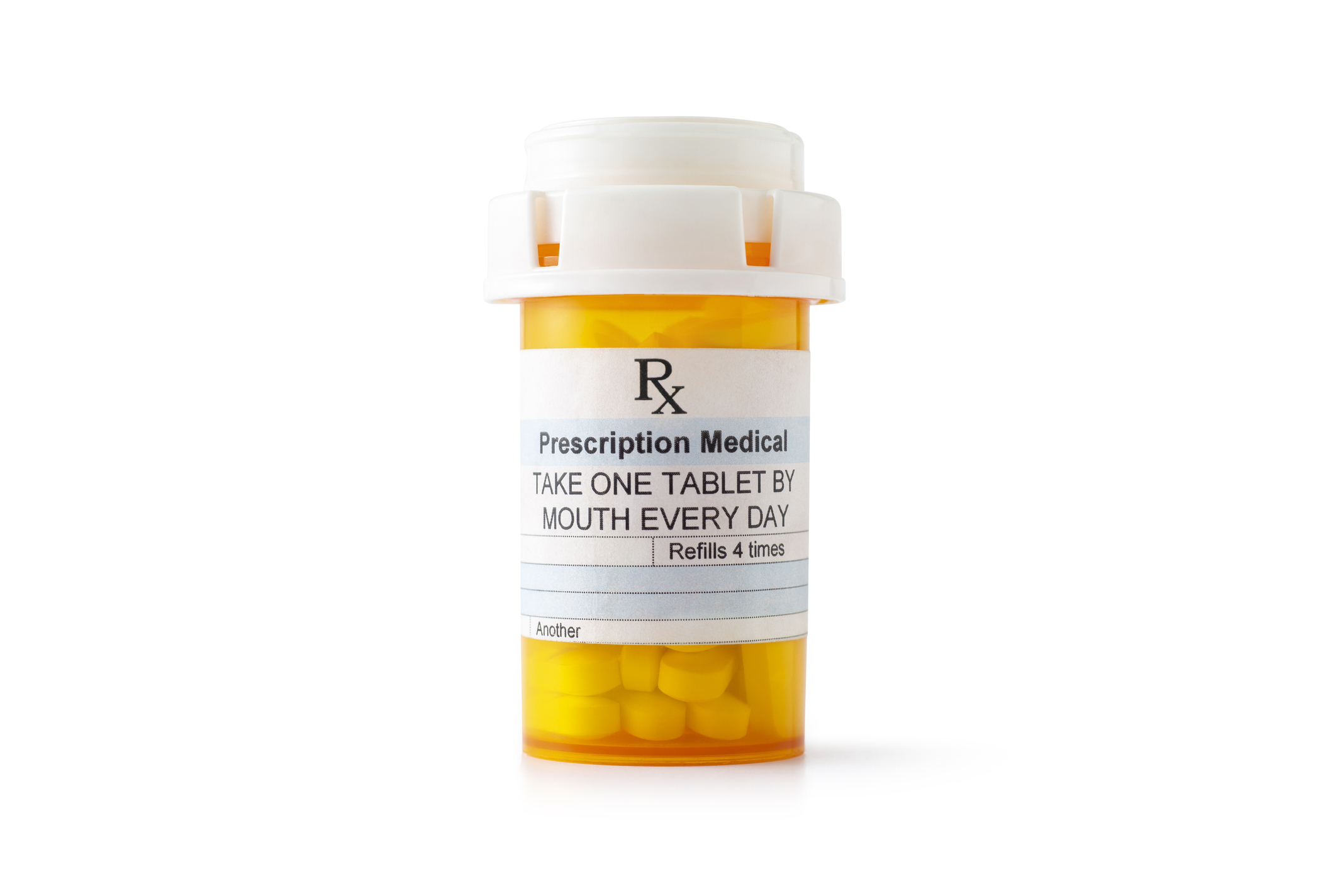There are a number of risk factors for opioid overdose. These include:
- having an opioid use disorder;
- taking opioids by injection;
- resumption of opioid use after an extended period of
abstinence (e.g. following detoxification, release from
incarceration, cessation of treatment);
- using prescription opioids without medical supervision;
- high prescribed dosage of opioids (more than 100 mg of
morphine or equivalent daily).
- using opioids in combination with alcohol and/or other
substances or medicines that suppress respiratory function such as benzodiazepines, barbiturates, anesthetics or some pain medications; and
- having concurrent medical conditions such as HIV, liver or
lung diseases or mental health conditions.
Males, people of older age, and people with low socio-economic status are at higher risk of opioid overdose than women, people of young age groups, and people with higher socioeconomic status. Knowing the risk factors for overdose can help prevent it in yourself or someone you love. If you are in need of addiction treatment services, the experts at South Hills Recovery Project can help you.
Dr. Clark completed medical school and psychiatric training at the University of Cincinnati Medical College. He completed the Child and Adolescent Psychiatry Training at Yale Child Study Center. He published several articles on the treatment of addiction and is a member of the American Academy of Addiction Psychiatry. He held a position at Sharon Regional Health Center, Southwood Hospital, and Mercy Hospital Outpatient Clinic. Dr. Clark was a psychiatrist in the United States Air Force in Germany; then he founded the South Hills Recovery Project in 2011 to meet the demands for quality care for those suffering from addiction to opiates. He has successfully treated thousands over patients and helped them regain a good quality of life.
Latest posts by Dr. Clark
(see all)
